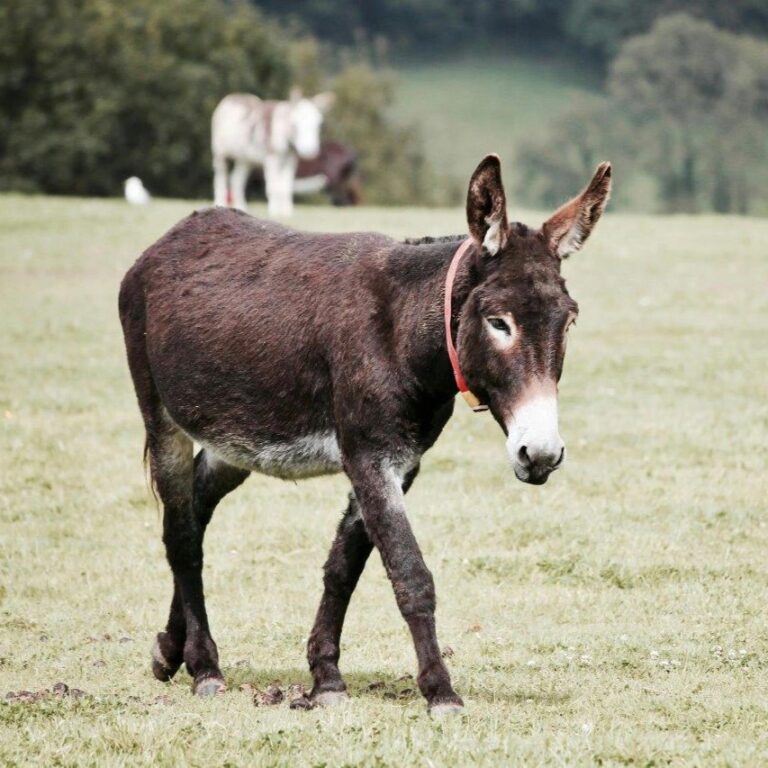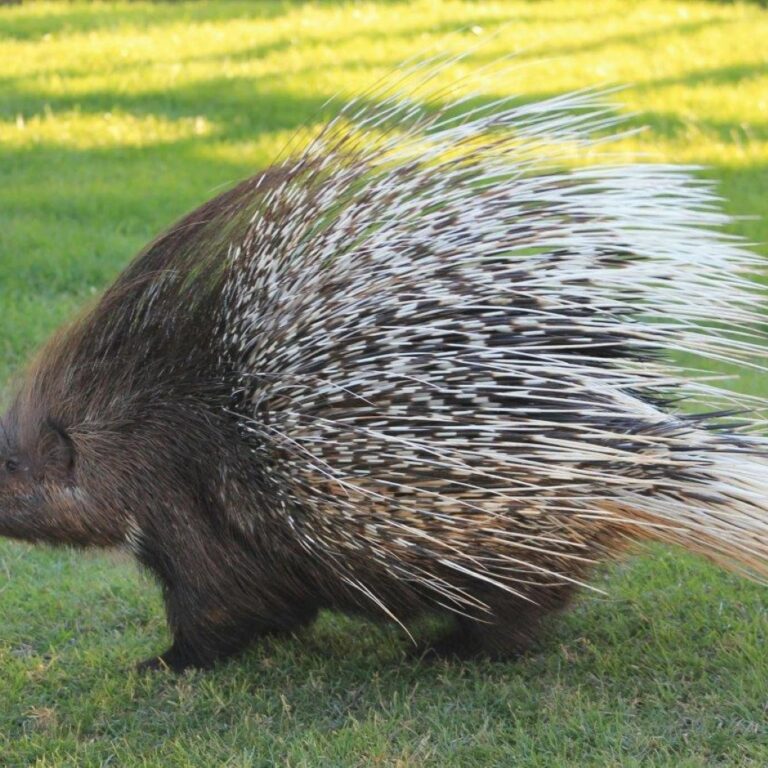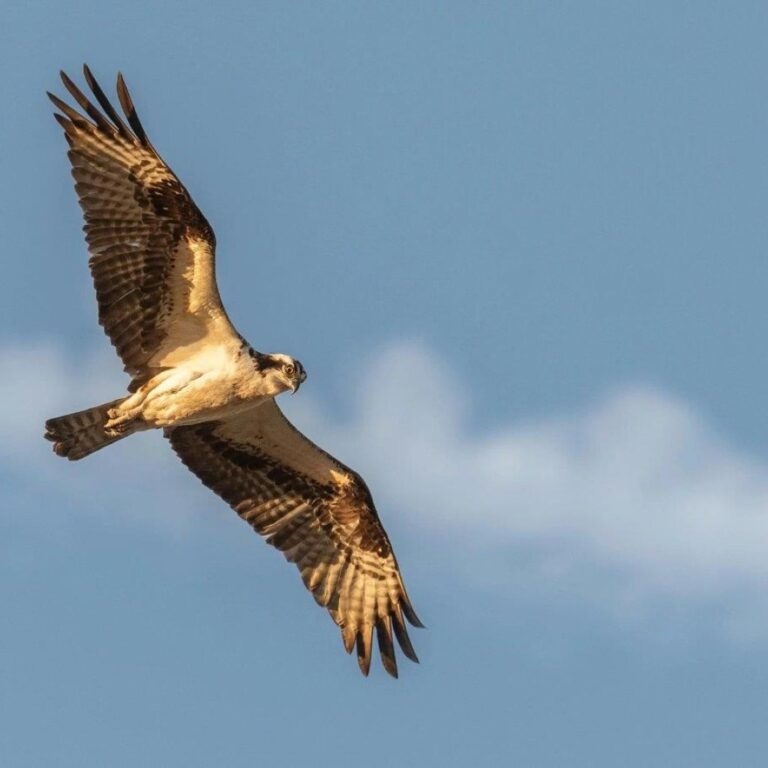Donkeys were domesticated over 5,000 years ago, likely in North Africa and the Middle East. They have been used for transportation, agriculture, and trade ever since.
A male donkey is called a jack, a female donkey is called a jenny or jennet, and a young donkey is called a foal. When a donkey is bred with a horse, the offspring is called a mule (if the donkey is male) or a hinny (if the donkey is female).
Donkeys are known for their incredible endurance and can carry heavy loads over long distances, making them ideal pack animals in rugged terrains where other animals might struggle.
Unlike horses, donkeys have a strong sense of self-preservation and are less likely to panic in dangerous situations. This trait has earned them a reputation for being stubborn, but it's actually a sign of their cautious and intelligent nature.
Donkeys have excellent memories and can remember places and other donkeys they were with up to 25 years ago. This strong memory helps them navigate and survive in challenging environments.
Donkeys are social animals and prefer to live in pairs or small groups. They form strong bonds with their companions and can become lonely and depressed if kept alone.
Donkeys have a distinctive bray that can be heard for up to three miles. This loud call helps them communicate with other donkeys across long distances, especially in open or mountainous areas.
Donkeys are herbivores and have a diet that mainly consists of grasses, hay, and grains. They are highly efficient at digesting fibrous plant material, which makes them well-suited to arid environments where food may be scarce.
Donkeys have tough, hardy hooves that are well-adapted to rocky and uneven terrain. Unlike horses, they do not require shoes unless they are working on very hard surfaces for extended periods.
Donkeys have a lifespan of about 25 to 30 years, but with proper care, they can live up to 40 years or more. Their longevity depends on factors such as diet, environment, and workload.
Donkeys are known for their ability to form deep emotional connections with their owners and handlers. They are intelligent and can be trained to follow commands and perform tasks with patience and consistency.
Donkeys are often used as guard animals for livestock, particularly sheep and goats. Their natural wariness of predators, such as dogs and coyotes, makes them effective protectors of smaller animals.
In many cultures, donkeys are symbols of humility, patience, and hard work. They have appeared in religious texts, folklore, and literature for centuries, often representing simplicity and resilience.
Donkeys require less water and food than horses, which makes them ideal for use in arid and semi-arid regions. They are able to survive on minimal resources, making them vital to communities in harsh environments.
Conservation efforts are important for some species of wild donkeys, such as the African wild ass, which is critically endangered due to habitat loss, hunting, and competition with livestock. Protecting their natural habitats is essential for their survival.


